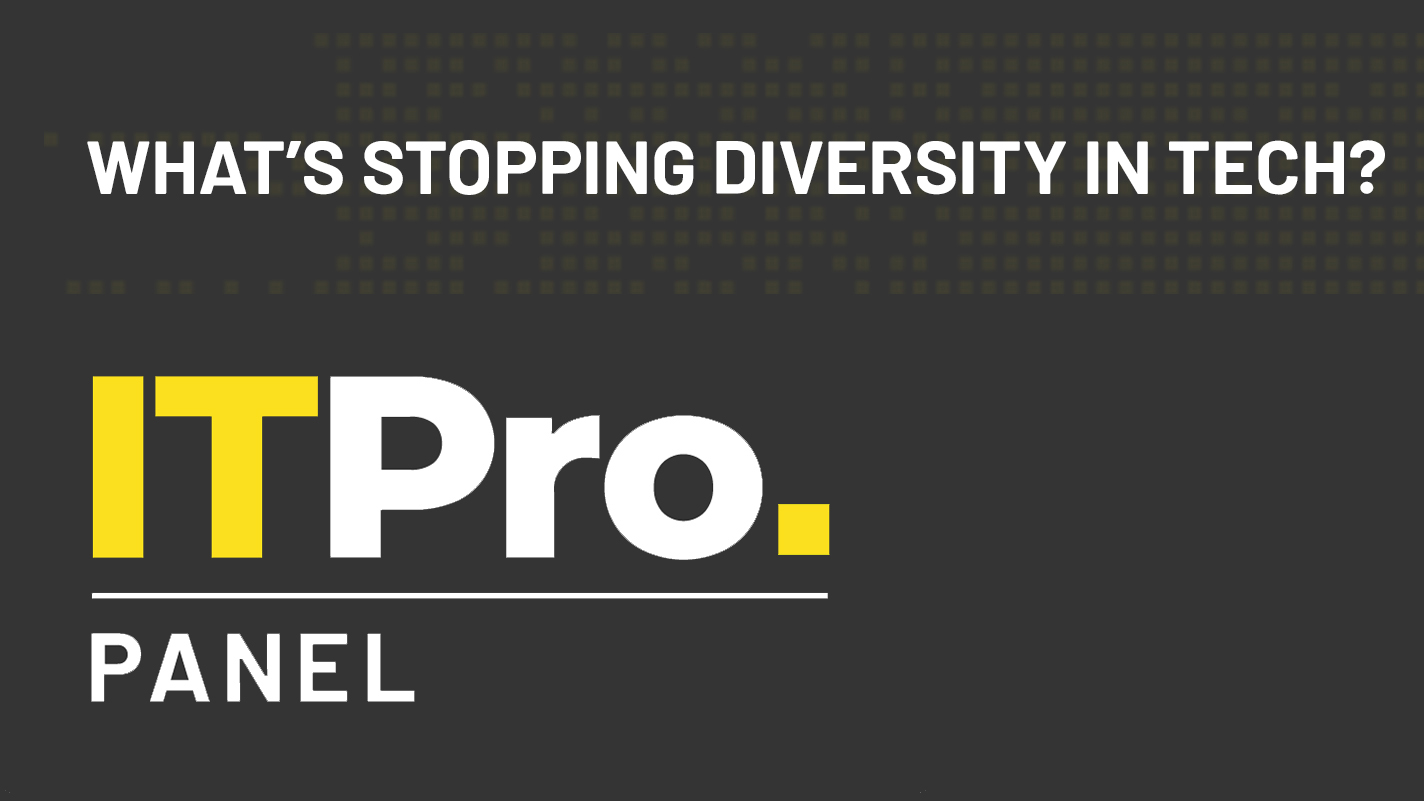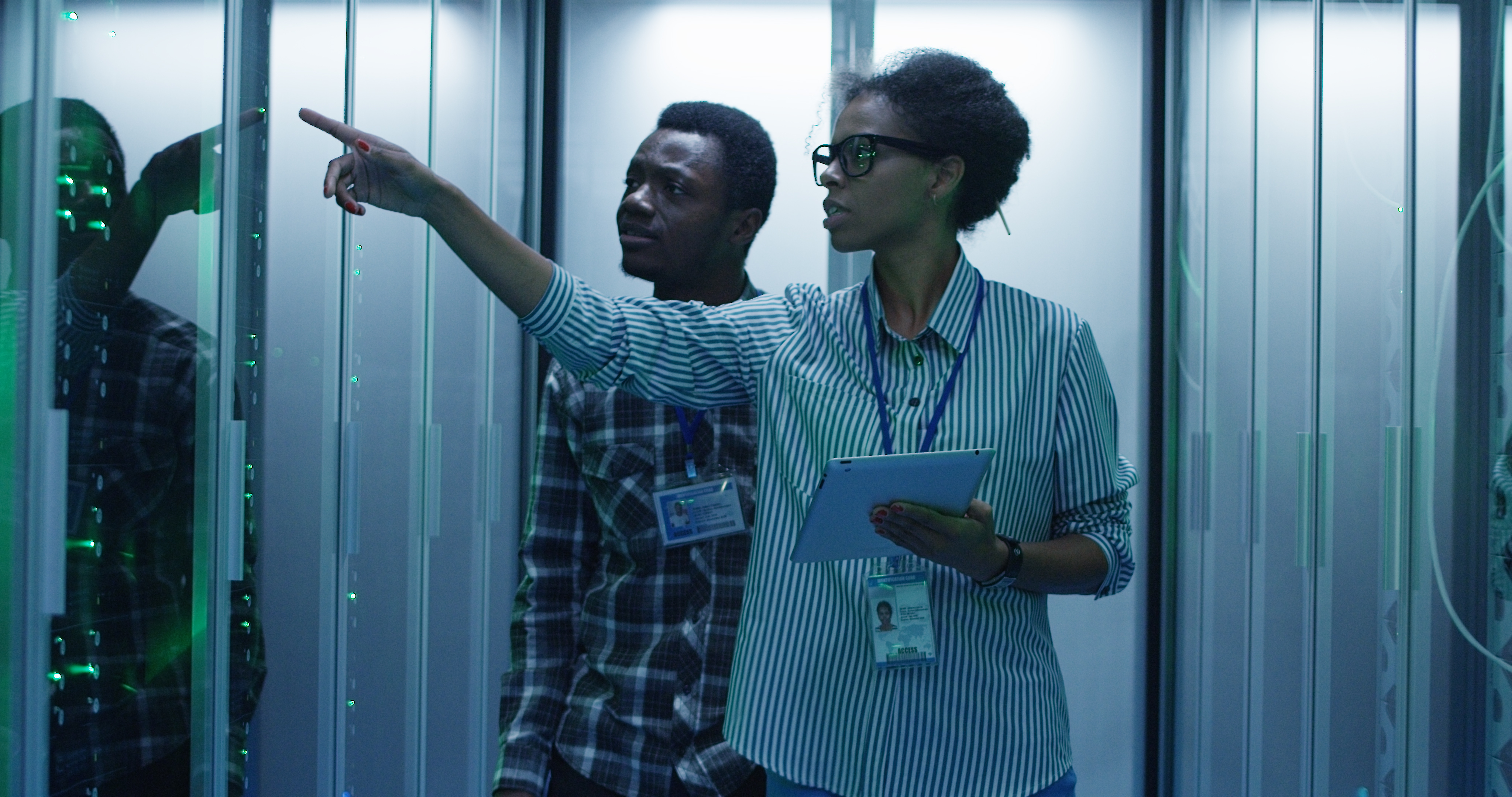Equality: Are we nearly there yet?
Equal pay for equal work doesn’t seem like a big ask, but it remains a big problem


"We have to make it weird for people to walk in a room where everyone's not in the room. If you look around a room and everyone looks like you, get out of that room. Or change that room. Whether you go to a restaurant, whether you go to your kid's school, whether you go to work if you look around, and everyone's not in the room, change that room."
These were the simple, yet remarkable, words uttered by Hollywood star Natalie Portman during an interview with BuzzFeed post her calling out of the all-male nominees during the award she announced at the Golden Globes back in January.
On International Women's Day (IWD), I just wanted to once again shine the spotlight on what was said by but one influential, successful and powerful woman.
It's not just limited to Tinsel Town. It's a sentiment that bears true in all walks of life and none more so than business. Companies have so much more to gain by being inclusive rather than divisive and by embracing diversity rather than opting for carbon copy employees.
It's true that the number of women now working (either full or part-time) has increased in recent years. However, what hasn't quite moved with the times is the gender pay gap. Indeed, a 2017 World Economic Forum report focused on this issue suggested parity is at least two centuries away.
The IWD website talks about the "global movement of advocacy, activism and support". But this doesn't mean it's the exclusive preserve of women. In fact, I strongly believe that it's incredibly important that we recognise EVERYONE who is working hard to lead the charge for real change.
Take Salesforce founder and CEO Marc Benioff as just one example. Two of his employees (Leyla Seka and Cindy Robbins) came to him and asked him to review pay across the organisation. He did so, discovered the findings showed great disparity and set about putting that right. To the tune of $6 million.
Sign up today and you will receive a free copy of our Future Focus 2025 report - the leading guidance on AI, cybersecurity and other IT challenges as per 700+ senior executives
"Our higher purpose is to drive the Age of Equality," said Benioff.
The cloud giant also has a chief equality officer in former Microsoft executive Tony Prophet, who states: "Inequality, in all its forms - gender, LGBTQ, racial, or otherwise is an issue that every company must address for their own benefit and to create a better world. We believe businesses need to focus on closing the Equality gap with the same energy put into creating new products and markets."
It's understandable that it's no mean feat for other businesses to follow suit, particularly those on the smaller end of the scale. It will cost them money; it will take time. But that doesn't mean it shouldn't be done.
This brings us back to Portman. She spoke at Salesforce's Dreamforce conference in 2017 about the importance of equal pay, not because someone is someone's daughter/wife/girlfriend, but because we are all people. And people deserve to be treated equally.
We're only in the third month of 2018 and it feels like we've already achieved quite a lot at least in terms of hitting people head-on with the issues and the fact no longer is it OK to just accept that's the way it is. This year, International Women's Day is all about pressing for change. And while we're making good progress, we're on a journey, not at the destination.
So, my message to whoever is reading this right now is to value everybody. Your organisation has more to offer customers, partners and shareholders with a diverse workforce than without. And you as an individual and an employee have more to gain as a result too. But don't let the main difference your company brings to the table be the numbers people see on their pay cheques for doing the same work. That's far from sufficient progress.
Main image credit: Shutterstock
Maggie has been a journalist since 1999, starting her career as an editorial assistant on then-weekly magazine Computing, before working her way up to senior reporter level. In 2006, just weeks before ITPro was launched, Maggie joined Dennis Publishing as a reporter. Having worked her way up to editor of ITPro, she was appointed group editor of CloudPro and ITPro in April 2012. She became the editorial director and took responsibility for ChannelPro, in 2016.
Her areas of particular interest, aside from cloud, include management and C-level issues, the business value of technology, green and environmental issues and careers to name but a few.
-
 Young women are keen on pursuing STEM careers, but they’re still facing huge barriers
Young women are keen on pursuing STEM careers, but they’re still facing huge barriersNews From fears that STEM courses will be too demanding to concerns about family responsibilities, women aren't taking up training they'd actually like to do
-
 It’s the end of the road for Women Who Code, following loss of “critical” funding
It’s the end of the road for Women Who Code, following loss of “critical” fundingNews The organization supporting women in the tech industry is being dissolved 13 years after it was founded
-
 Five common barriers holding back women in tech
Five common barriers holding back women in techWomen in tech still face significant challenges in the workplace
-
 Report: Brexit and COVID to blame for lack of diversity in tech
Report: Brexit and COVID to blame for lack of diversity in techNews One in two surveyed respondents cited the two events as key factors in the failure to improve diversity in leadership roles
-
 Australia allocates $6.7 million to advance women in STEM initiatives
Australia allocates $6.7 million to advance women in STEM initiativesNews Women make up only 28% of the country's STEM workers
-
 IT Pro Panel: What’s stopping diversity in tech?
IT Pro Panel: What’s stopping diversity in tech?IT Pro Panel The need for more diversity is well established - but we still have a way to go
-
 AWS partners with NPower to boost jobs for women of color in tech
AWS partners with NPower to boost jobs for women of color in techNews Command Shift will find tech jobs for underserved group
-
 AWS and The Dream Collective aim to bring more women into tech
AWS and The Dream Collective aim to bring more women into techNews The SheDares learning program offers women expert advice on how to pursue a career in technology


